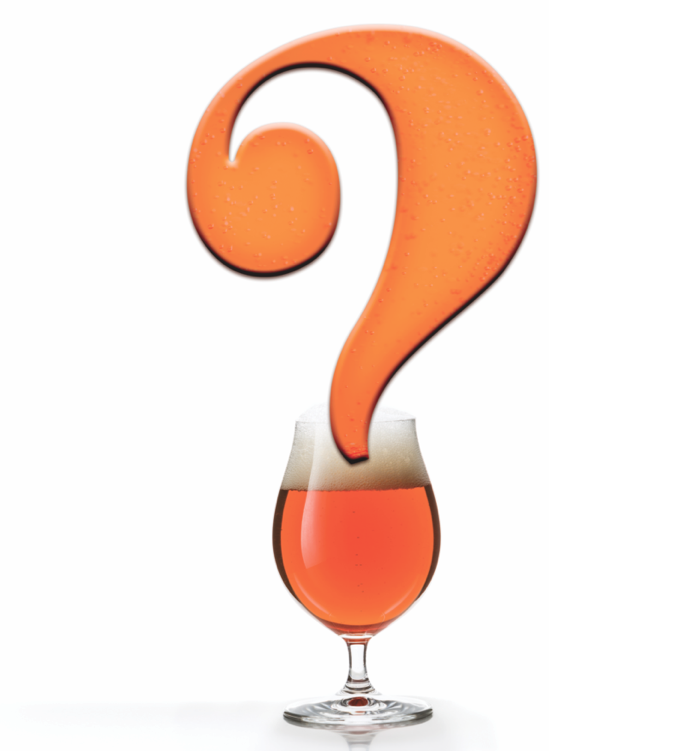Don’t miss our New England Beer & Baseball adventure in 2026! Click here to register!
Mr. Wizard
Posts
-
 Mr. Wizard
Mr. Wizard
Kettle Souring
-
 Mr. Wizard
Mr. Wizard
Marijuana Beer
-
 Mr. Wizard
Mr. Wizard
Mash Hopping
-
 Mr. Wizard
Mr. Wizard
Storing Kegs
-
 Mr. Wizard
Mr. Wizard
Bottle Conditioning Brett Beers
-
 Mr. Wizard
Mr. Wizard
Amylase Enzymes
-
 Mr. Wizard
Mr. Wizard
Using Homegrown Hops
-
 Mr. Wizard
Mr. Wizard
Filtering Homebrew
-
 Mr. Wizard
Mr. Wizard
Barrel-Aged Beer Styles
-
 Mr. Wizard
Mr. Wizard
Malting Wheat
-
 Mr. Wizard
Mr. Wizard
Hop Quality
-
 Mr. Wizard
Mr. Wizard
Bottling from a Keg
